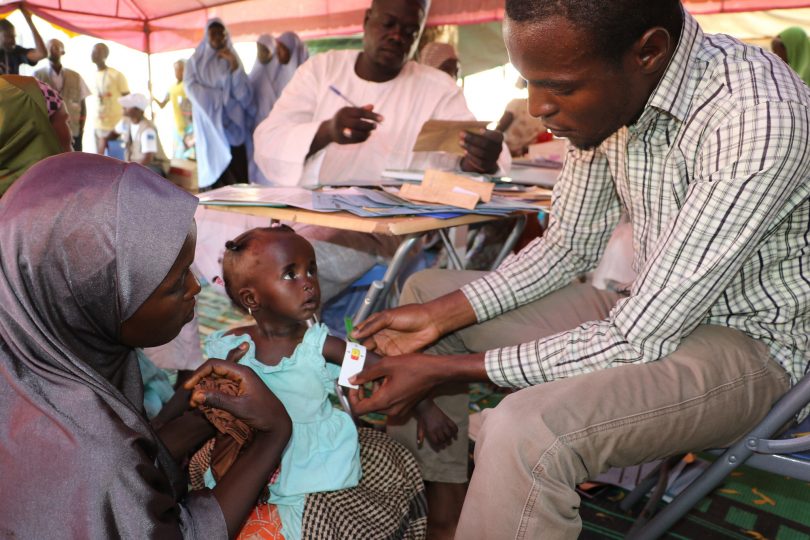Donors should adopt a positive and constructive attitude towards disclosures of wrongdoing in NGOs, argues Angela Crack.
A smart new open access paper in World Development uses aid project data and health survey data to look at the impact of aid on infant mortality in Nigeria. The main finding: in the Nigerian context aid projects help reduce infant mortality.
Here is an open letter to The Global Fund about its decision to end its malaria and TB projects in North Korea.
Bottled water is the fastest-growing beverage market in the world, but the WHO has launched a health review after a new study showed that more than 90% contained microplastics.
CGD conducted a study on the gender gap in US global development nonprofits – do they practice what they preach?
The conflict in Iraq has had deeper consequences for the people within its zone, with a toxic legacy of not only environmental sabotage, but also chronic disease, reports the Washington Post.



Leave a Comment